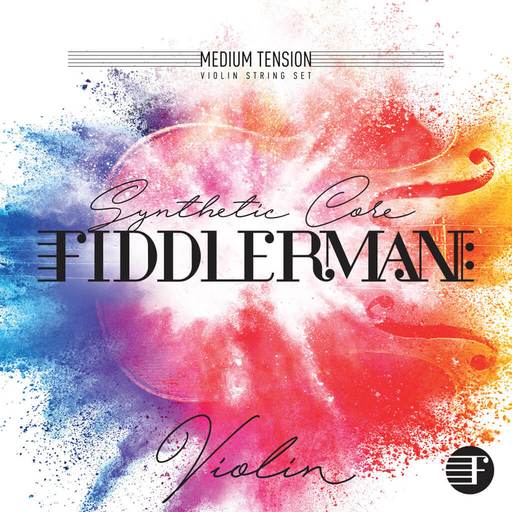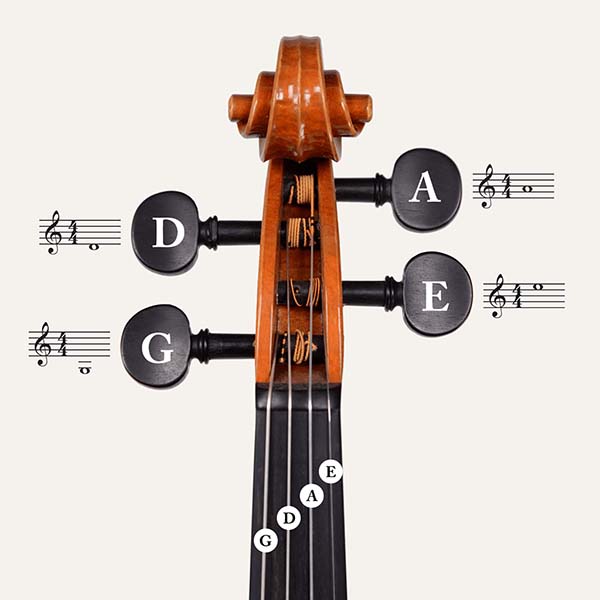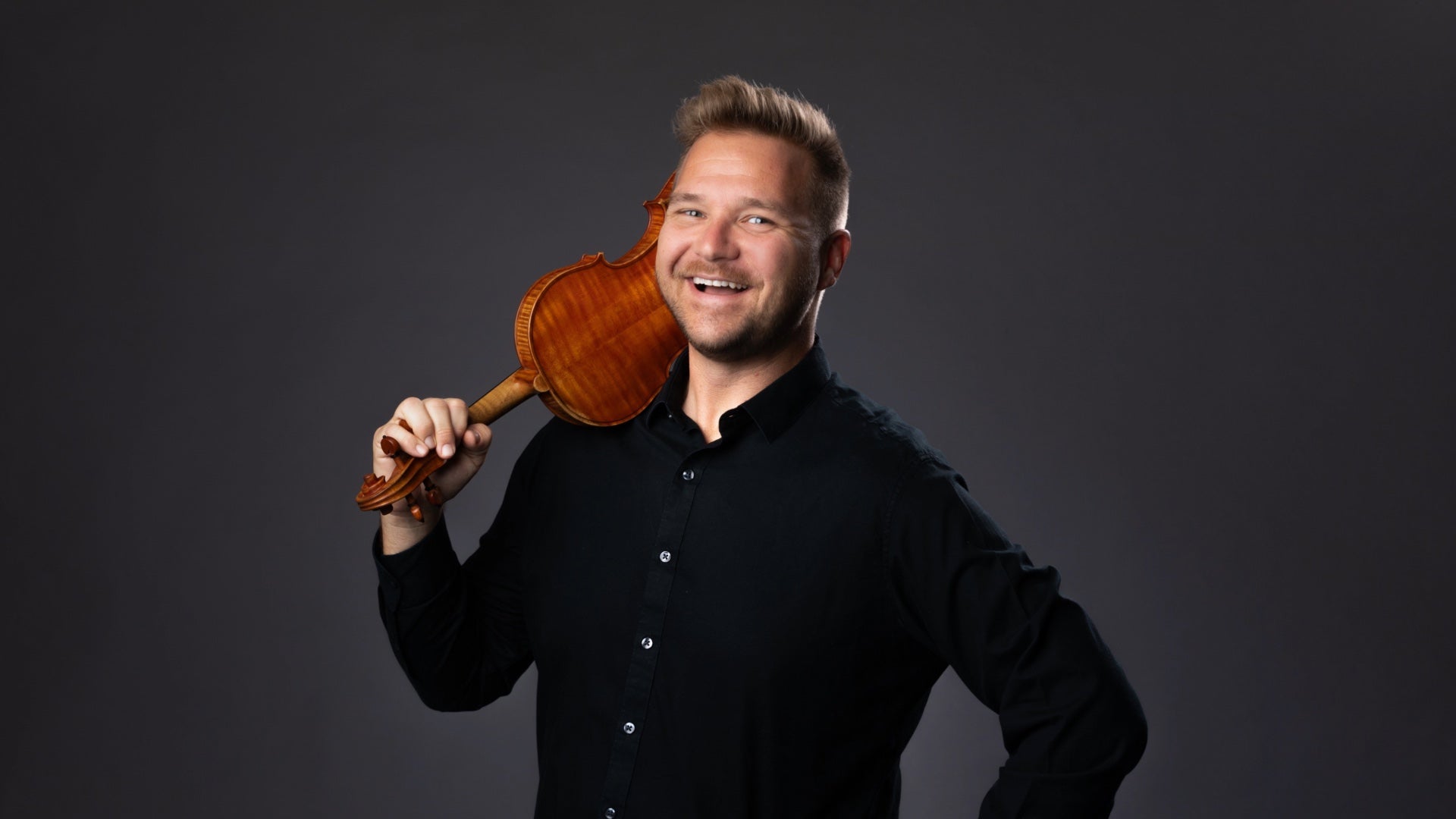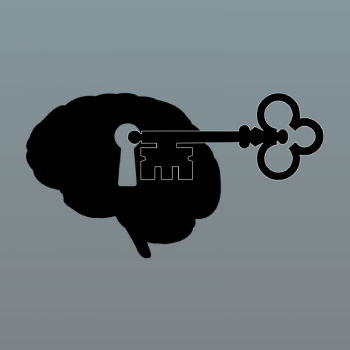By Jasmine Reese - For centuries, in the dark hidden depths of the music world, an epic battle has been waged. These musical soldiers will defend their stance to the death! They are...
The Ear Learner and the Sight Reader.

OK, maybe it's not that serious. But people starting their musical journey often ask the question -- what's more beneficial? Learning pieces of music by ear or knowing how to read it?
Let me take all the guessing work away. Musicians should know both!
However, training one's ear sets the foundation for successful music-making.
Playing by Ear

When we think about it, we all learn music this way. The moment a child starts to imitate their parents' voice to formulate words or hum a song heard on the radio -- this is listening and learning. But let's hone in on how it applies to string musicians.
When we begin our studies, the biggest issue to confront is intonation. There are no frets on the violin family instruments. Therefore, it's important for us to know what's the right pitch. Otherwise, "Mary Had a Little Lamb" ends up sounding like some atonal, inventive mid-20th century repertoire.
Our teachers will drill us and make us listen for the correct notes. Our motor memory will begin to memorize where to place our fingers. However, even with this type of imprint, our ear must account for the strings being slightly out of tune, and other physical and outside factors. In other words, cheating is not an option for string players when it comes to intonation.
So, it's a no-brainer. From the moment one steps into their first music lesson, he or she will learn to imitate the sounds coming from a teacher, peers, or recording.
Of course, this skill is taken further with aural, or ear, training, learning to identify chords, majors, minors, diminished, augmented, etc.... Some people have developed their ear to the point of listening to a tune once and playing it back right away without much effort. That can save a lot of time in the process of learning new music.
Then, is it really necessary to know how to read music? Yes!

Reading Music
At this point, it's clear the ear dominates our learning processes and life. When we're born, we do not come out knowing how to read the alphabet. They learn to sing it first, listening to their parents and others! But, there is a lot of reward in identifying letters on the printed page. Same goes for music.
Reading music helps reinforce the sound. It shows what's going on behind the tune. Have you ever wondered why a piece sounds happy or sad? It becomes clearer when looking at notes and chord structures.
Reading also reveals a composer's intent and meaning of a piece. Often, sheet music will come with a plethora of markings, such as crescendos, staccato, forte, allegro, etc.... These indications show in part how a composer wants his or her music to be played.
Sheet music provides a road map on how to execute certain techniques. In turn, it takes the player's skill to higher levels. We see this in études and solo virtuoso works like Paganini's 24 Caprices.
While some will argue that a sight-reader relies on sheet music, it could also be said that those who learn by ear depend upon other musicians, recordings, and audio, especially in the learning stages. In some ways, sheet music gives the musician independence in the practice room, since no one else has to be around.
Last, knowing notes, their functions, and theory provides the tools for one to write and share their own music.
In the end, a well-rounded musician will use both methods. This will give them an advantage and the ability to take on a diverse array of professional gigs. It'll also allow the student to be able to take part in many types of musical opportunities and play a plethora of new and old types of music.








2 comments
Michael OGieblyn
@Jim Guinn, Go for it! Just recognizing the author, Jasmine Reese is all we ask. Glad you enjoyed.
@Jim Guinn, Go for it! Just recognizing the author, Jasmine Reese is all we ask. Glad you enjoyed.
Jim Guinn
I like how succinctly you explain this. With you permission, I would like to reproduce this article on my blog with whatever credits you would like me to include.
I like how succinctly you explain this. With you permission, I would like to reproduce this article on my blog with whatever credits you would like me to include.